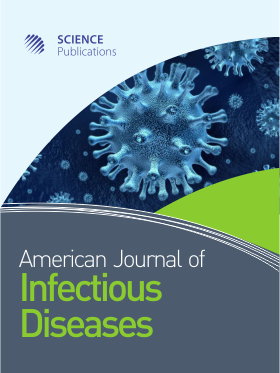Interventions and Patterns of Risk in Adolescent HIV/AIDS Prevention
- 1 Florida International Universit, United States
- 2 University of Illinois at Chicago, United States
- 3 Florida International University, United States
Abstract
Mid-way through the third decade of experience in preventing HIV/AIDS among adolescents, behavioral interventions and outcomes for high risk subgroups have generated evidence extremely instructive for navigating future priorities in reducing transmission risk behavior. Youth who abuse alcohol or drugs, who are detained or incarcerated, or have mental health co-morbidity such as externalizing disorders, represent the most significant challenge to current and future efforts to control the epidemic among the adolescent population. Although there is no unambiguous, standard intervention approach with adolescents, patterns of risks and outcomes with these subgroups are instructive in the critical priority of creating more sustainable gains with our HIV prevention resources. This article provides a synthesis of the evidence with these subgroups, discusses important limitations and difficulties in the current intervention science and highlights promising directions for the next generation of effort in reducing adolescent HIV-related sexual risk behavior. Because individual-level interventions have had only modest effects, a key current emphasis within the field is to develop multi-level interventions with a more ecological or contextual focus. We review various pragmatic responses that acknowledge this priority and the debt owed to individual-level intervention work with adolescents.
DOI: https://doi.org/10.3844/ajidsp.2006.80.89

- 3,971 Views
- 2,686 Downloads
- 34 Citations
Download
Keywords
- HIV prevention
- sexual risk behaviors
- drug and alcohol abuse
- juvenile offenders
